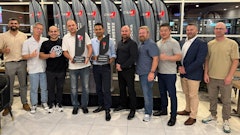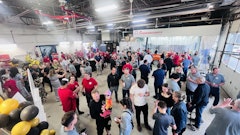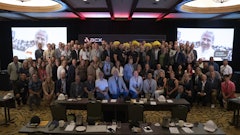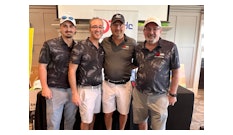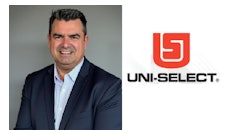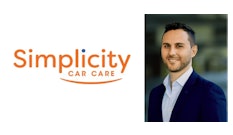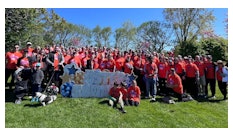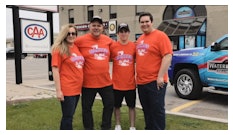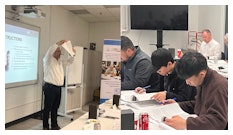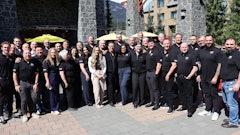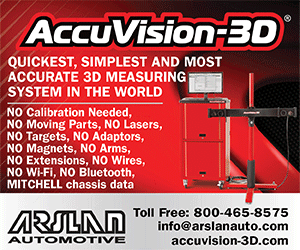The collision repair industry’s response to emerging challenges
By DARRYL SIMMONS
The collision repair industry in Canada is at a crucial juncture, where collaboration and dialogue among shops, insurers, and OEMs is becoming more important than ever. This shift in dynamic is vital, as repair shops possess the onthe- ground knowledge necessary to ensure safe and high-quality repairs. Recent developments highlight that networks, insurance companies, and OEMs are starting to listen to the insights and expertise of repair shops rather than dictating terms, marking a significant positive change.
As highlighted in an excellent presentation by Darryl Hemstreet and Daniel Trevisanutto at the recent CARSTAR conference, and further emphasized in an on-stage panel discussion, the industry must move towards a model where all stakeholders—shops, insurers and OEMs—work collaboratively. It was made clear that sustainable success depends on each group remaining profitable and working together to find efficient solutions that can speed up repair processes rather than slow them down.
One of the key takeaways from these discussions is the need to leverage the intellectual capital within repair shops. Instead of viewing shops merely as cost centres, insurers and OEMs should recognize them as valuable partners who can provide insights into improving the repair process.
INCLUSIVE DESIGN AND REPAIR PROCESSES
Another crucial point is the importance of integrating repair considerations into the vehicle design process. Vehicles should not only be designed for performance and aesthetics but also for ease of repair. OEMs must engage with repair shops to understand the practical challenges they face and incorporate solutions during the design phase.
This collaboration can lead to more repair-friendly vehicles, ultimately reducing repair times and costs. Despite the increased workload and complexity of repairs, many shops are not being compensated for all the work they perform. Shops must document each step of the repair process, using line items as references from OEM procedures, and not automatically agree when adjusters dispute necessary repairs. By providing thorough documentation and justifying the scope of work, shops can educate insurers about the necessity of each repair and secure fair compensation.
Moreover, fostering open and ongoing dialogue among insurers, manufacturers and shop owners is vital. This communication ensures that all parties are aligned on expectations and standards. Insurers must understand the evolving complexities of modern vehicles and the critical importance of adhering to OEM procedures. Manufacturers should support shops by providing access to the latest repair information and training resources. It’s essential to include repair considerations during vehicle design. OEMs should engage with repair shops to understand the practical challenges they face and incorporate solutions during the design phase. This collaboration can lead to more repair-friendly vehicles, ultimately reducing repair times and costs.
The collision repair industry in Canada is navigating a complex and evolving landscape. By addressing the challenges presented by increased miles driven, the rise of electric vehicles, government sustainability mandates, an aging vehicle fleet and an inflated used car market, repair shops can position themselves for success. Investing in advanced technologies, continuous technician training and adopting environmentally friendly practices will be key. Additionally, ensuring fair compensation for the work performed and fostering open communication with insurers and manufacturers will be critical for the industry’s long-term sustainability. Through these efforts, the collision repair industry can ensure it remains resilient and capable of providing safe, highquality repairs for all vehicles









